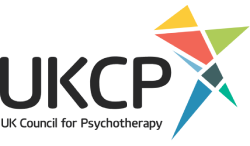Psychotherapy provides a supportive space to acknowledge, identify and understand your emotions during and after a divorce. Emotions like grief, anxiety, anger, guilt and sadness can become challenging to manage when they are left unacknowledged.
Counselling helps you process your feelings by recognising your emotions, putting these feelings into words and, with the help of a professional therapist, coming to understand the meaning of these experiences for you personally in the context of your unique life experiences.
This process helps you to make sense of what you are going through. It can also help you to understand the impact of your emotional state on your day-to-day decision-making and behaviours so that you can move on with a greater sense of awareness and agency in life.
The significance of acknowledging grief when getting divorced
Grief often accompanies divorce, marking the loss of shared dreams and the connection between two individuals. Recognising and accepting grief as a natural response is crucial in the healing process. Therapists help you to address these emotions so that you can move forward without feeling burdened with unresolved grief and loss.
Typical emotional responses and how counselling helps
Divorce often brings a surge of emotions, including anger, anxiety, sadness, grief, and fear. Divorce counselling offers strategies to understand and manage these feelings, transforming an overwhelming experience into a manageable one. Therapy provides a safe space to develop constructive coping mechanisms, enhance self-awareness and resilience, and direct emotions towards positive actions and transformative personal growth. This sets the foundation for a post-divorce life focused on potential rather than being constrained by past attachments.










.webp)


